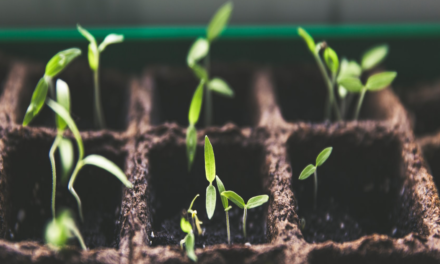A few weeks ago, I had a discussion with my friend about the lack of a difference between the goal of helping more people and focusing on improving oneself. Many believe that you cannot be “selfish” and focus on the betterment of yourself. I do not think this is selfish in any way because if you focus on perfecting yourself, that perfection will end up helping others in the long run. I think this is important because people can kill birds with one stone and achieve goals that could benefit the community while you also profit yourself. I try to cultivate positivity and compassion for others while also improving my mindset, knowledge about the body, gratitude, emotional stability, and curiosity. While it sounds like my compassion and self-improvement are entirely different goals, they can go hand and hand to achieve the same outcome. This post will explain the importance of self-improvement and some strategies I have used to help you achieve this goal.
Top Practice’s article “The Importance of Self-Improvement and Personal Growth” explains how the most successful people actively seek to learn, develop, and grow different areas of their lives and interests after they go into their careers. The people who stop seeking personal growth fall out on the endless opportunities that could benefit you. Constantly keep pushing yourself to reach your unlimited potential. They also explain that this development begins as personal but radiates through your relationships, job, and any interaction with other people. If you believe that it cannot be beneficial for others, I will provide more real-life examples. If someone goes through personal growth and develops greater leadership skills and creativity, they could increase the output of their teams by creating unique approaches and making people work efficiently. To give an example that gears towards me, I believe that one day my knowledge of recovery, nutrition, and exercise protocols could help people ranging from those with muscular dystrophy to general people who want to live more active lives. I encourage you to improve yourself as it can be helpful to people in the future.
I speak a giant game of how impactful self-improvement can be for your life and others, but how should you go about bettering yourself? Self-improvement could be very individualized, but I will provide some ideas to help develop your own. The same article used in the previous paragraph says that the best place to start is your goals. You should review your goals (recommend writing them down) and determine if those goals still suit you. If yes, ask yourself if you are achieving them in every area of your life. If you are not, determine what you need to change or do to achieve these goals. I would also recommend looking at a blog post I made called “Woop: Setting Goals” so that you set the best goals possible.
Additionally, Healthline’s article “How to Become a Better Person in 12 Steps” gives some tips on becoming a better person. The first step is to begin to cultivate more gratitude in your life. The best ways to do this are to keep a gratitude journal where you write three things you are grateful for each day or thinking of the many things you are grateful for before falling asleep. The second step is to greet everyone you meet. This could include saying good morning to a passing stranger, smiling at someone, nodding your head at someone, or saying hello. Acknowledging people and saying greetings makes you feel more connected to people giving you a sense of meaning and happiness that you could have these experiences. The third step is doing a digital detox. This involves taking a few hours or even a day away from technology. Many people spend tons of time attached to their phones and forget about the things in life that are enjoyable, such as a walk outside, seeing the beauty of plants or animals, and even a conversation with friends or family members. I also feel that I control my interactions with technology which makes me more confident in myself.
The fourth step is to use positive self-talk. One strategy the health line addresses is to state a fact and add an element of optimism to that fact. The most recent example I can think of is I missed the deadline for study participation that I need to do for university. I felt ashamed that I was not more aware of the deadlines and understood that participation in the study closed following this date. But, now I understand to be aware of the deadlines and am proud of my ability to email the university services to ask a follow-up question regarding the study. Instead of being down in the dumps and being negative about the situation, I put a positive spin on the situation and develop skills that would prevent me from making a mistake again. Some other strategies included in the article are practicing random acts of kindness, receiving enough sleep, eating one meal mindfully during the day, forgiving yourself and others, and spending time cleaning up your environment each day.
Hopefully, you understand the value of personal growth as it can benefit your individuality and the communities around you. Take some of the suggestions for things that could help improve yourself and constantly strive towards your betterment. The critical piece of knowledge I want you to take from this blog is not to stall your potential but to let it thrive by making yourself better each day.





